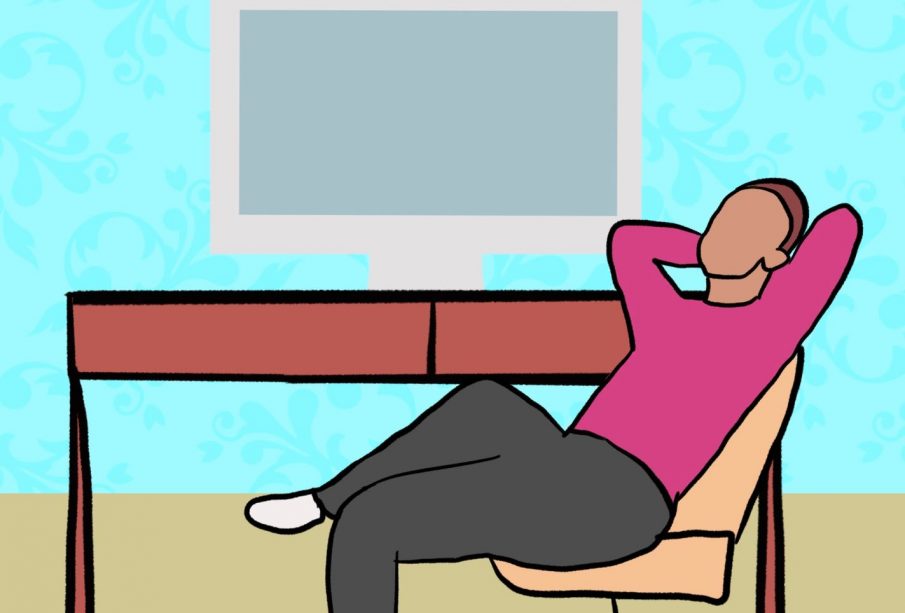Increasing work value with breaks

While hustle culture reigns supreme, burning out won’t do anyone any favours
Coming so far as a society, we have glorified overwork and stressing ourselves out. Humans tend to burn themselves out faster these days compared to the lifestyle back in 90s. This arose in part due to lack of a ‘recess’ at work or business.
As employees and entrepreneurs have normalized this hustle culture, there has been a significant rise in poor mental health conditions that affect not only the person but also other people in their families, social circles, and workplaces. This situation could be prevented if workplaces encourage work breaks and motivate their employees to take their breaks to increase productivity and not just expand work to fill the time for completion, according to Parkinson’s Law.
Work breaks are an integral part of one’s professional life. Just like one goes to someplace they desire for a vacation to sprint back to their normal life with more enthusiasm, taking breaks during work is similarly crucial to increase one’s efficiency. There are a lot of benefits to taking breaks during work.
Increases focus. People get back with refined focus and more enthusiasm to fulfill a task.
Increases creativity. Taking a short break at work could also refuel their mind and help them think on things differently, benefitting the organization.
Increases job satisfaction. Employees tend to feel more welcomed, respected, and valued in the workplace when the employer encourages short breaks.
Taking breaks has always been a taboo at work and people may look at you with a side-eye when someone gives breaks importance. So, it can be difficult to come out of that space and give oneself the downtime they deserve and need so they can sprint back with greater force.
According to Sahil Bloom, entrepreneur and owner of SRB Holdings, “The human mind is not designed to be on at all times. It needs rest.” Bloom also suggests working in short blocks which he refers to as “deep work,” inviting no distractions during that time. This could motivate an individual to see those breaks as rewards for doing something productive in a short span of time.
Breaks can include taking a short walk to activate the muscles, or sitting quietly, or just closing one’s eyes and concentrating on their breathing to fully connect with themselves. Meditation can be a very helpful way to fill those breaks as it is relaxing after a stressful workload or completion of a time-sensitive deadline which required one to be on their toes.
There has been a lot of research on the effects of taking breaks during work. Research by Michigan State University suggests that supervisors taking breaks reflects positive workplace behavior and, in return, also encourages other employees to give themselves breaks during work hours. As it can be hard to do so by oneself, leadership in an organization should set themselves as an example.
It helps the overall organization to recover from stress and outperform themselves. Extending these short breaks to longer breaks like going for a staycation should be encouraged so that employees continue to maintain a healthy work-life balance. This extension comes with a lot of tradeoffs to the company but, from a long-term perspective, it brings back the employee with more agility, focus, and energy to contribute their best.
As the world continues to navigate the journey of breaks and taking some time off, it is imperative to look after each other like this.








